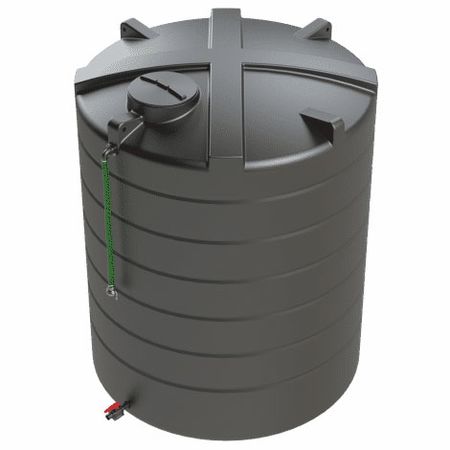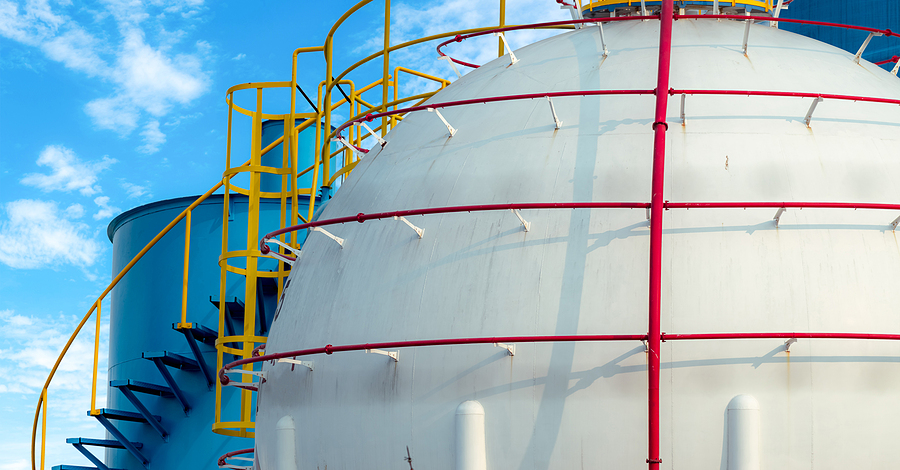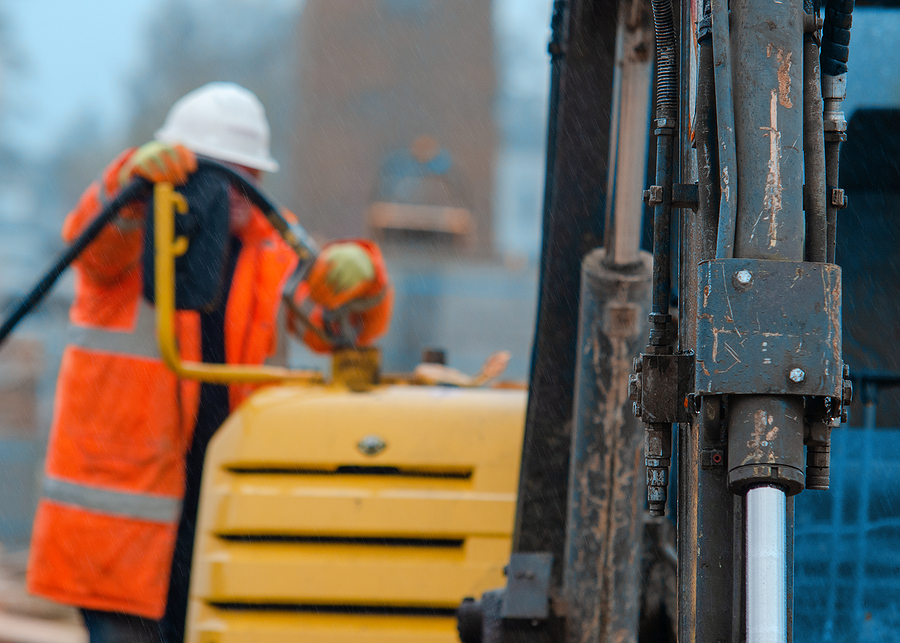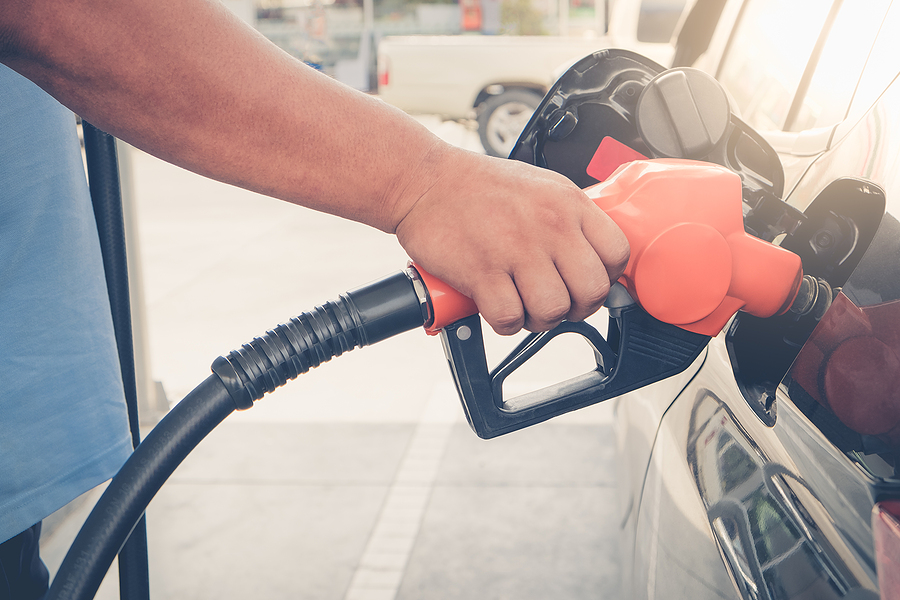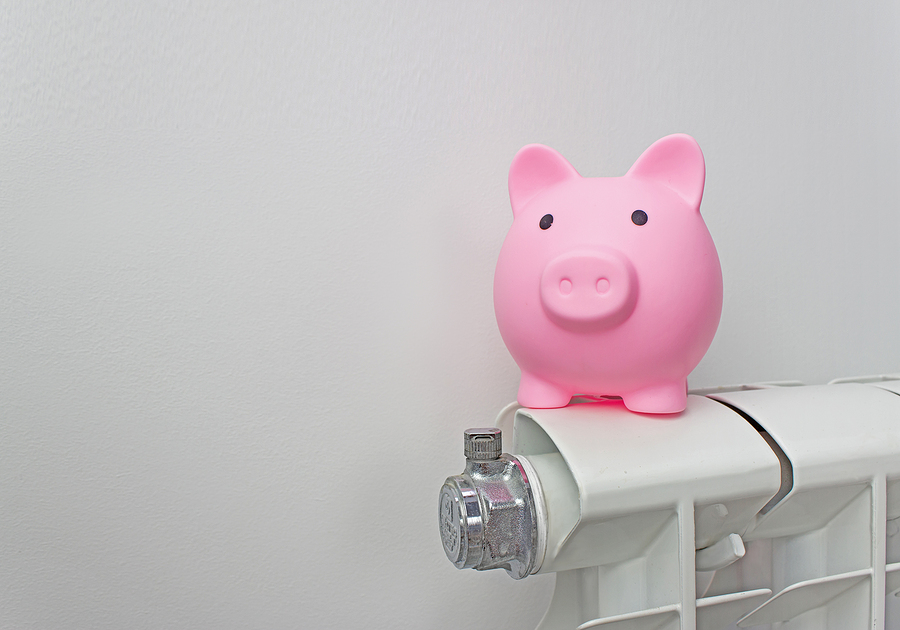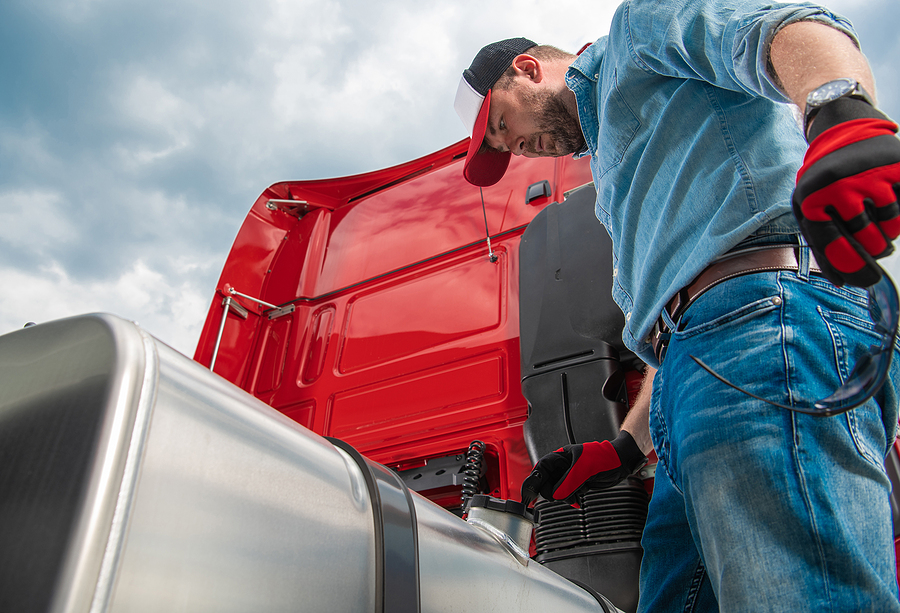4 Top Tips To Maintain Your Oil Tank
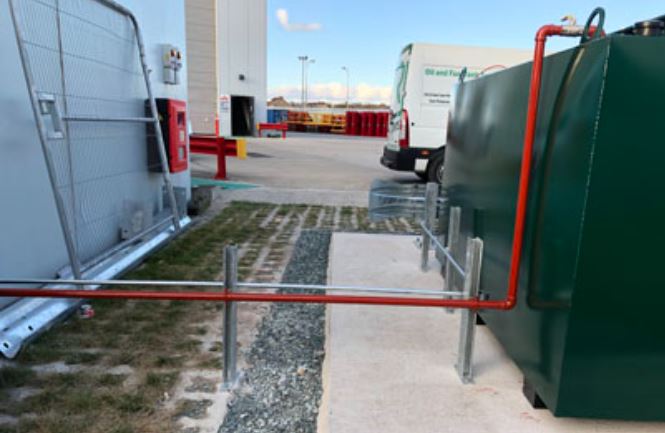
By taking some time to maintain your oil tank properly, you will extend its life and save on expensive repair bills further down the line. It will also ensure that your heating works reliably and efficiently all year round, and help to avoid pollution from leaks and spills. Here are some tips to help keep your tank in the best condition.
1. Inspect
the tank regularly yourself
It is very important to visually
inspect your tank often for signs of rust, bulges, cracks, or discolouration. Check
the bund for build-up of debris, and look underneath the tank to make sure
there is no sign of leaks. Ensure that all the connections to the tank are
secure and in good condition.
2. Check for
water contamination
Water can enter an oil tank in several different ways, leading to serious problems. Water can get in via a build-up of condensation, through corroded seals or connections, through cracks and leaks, or through an incorrectly closed filler cap. Water contamination can cause a build-up of sludge, leading to degradation of the fuel .
If the tank is made from metal,
water contamination may also cause it to rust, shortening its lifespan and
making it prone to leaks. To help prevent problems, regularly check all access
points to make sure they are closed properly. Check for any signs of bulging,
and make sure the external bund is not filled with water.
3. Have the
tank cleaned professionally
It is recommended to have the
tanked emptied and cleaned out by
qualified
engineers
every five years. Any fuel in the tank will be pumped into a
holding container, and the inside of the tank cleaned out to remove build ups
of sludge and contaminants.
4. Use winter
additives
If your tank is located outside,
it is advised to use specialist additives in winter to prevent the oil freezing
over.
If you are looking for oil tank installers,
please contact us today.



